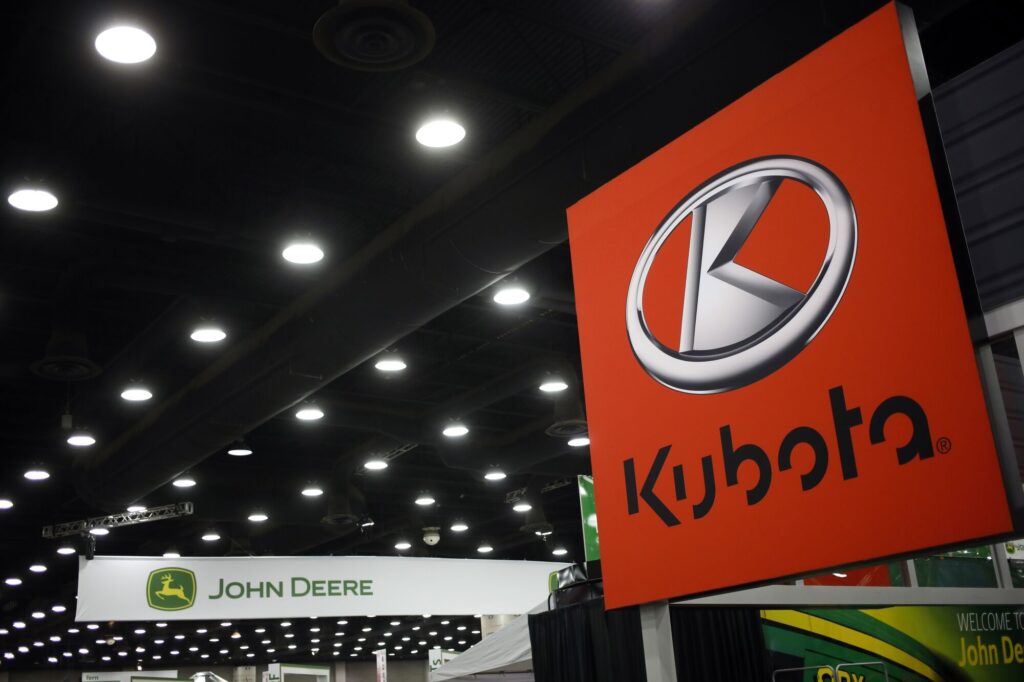Kubota’s new dealership limitation policy could benefit dealership consolidation by providing increased transparency and a more robust relationship between OEMs and dealers.
Kubota’s policy, instituted May 17, set state and national limits on the number of stores one dealer or dealer group can own, according to a memo to dealers obtained by Equipment Finance News.
While a policy limiting dealership consolidation would appear to have a negative impact on the market, the opposite is true, Pat Albero, partner of the equipment and commercial truck divisions at Performance Brokerage Services, told Equipment Finance News.
“All the manufacturers have an approval process: Not anyone can just go and buy these dealerships, so the policies fall in line with the approval processes that the manufacturers have to make sure that you and I have the qualifications to become a dealer of these brands,” he said.
“It goes a couple layers deep, but I don’t think putting that policy in place will affect negatively. It will only positively affect the dealer body.”
To Albero’s point, Brenham, Texas-based Kubota equipment dealer WCTractor acquired fellow Kubota dealer Hammer Equipment’s three Texas locations May 30, according to a WCTractor news release. Ultimately, Kubota’s new policy, and similar policies that OEMs develop, help ensure mutually beneficial transactions for the buyers, sellers and OEMs, Albero said.
“Policies are there to help guide the dealers for the betterment of the manufacturer and the dealer body,” he said. “If dealers are going to sell their businesses, they’re just trying to make sure that everyone is healthy, and I’d say that from everything we’ve seen over 30 years of being in business as a company, that’s [the case with] every major manufacturer we work with.”
Beneficial transparency

Another potential benefit of Kubota’s dealership policy being readily available to dealer groups and their partners is the transparency it creates amid increasing consolidation Albero said.
“It’s a positive position for the OEM to be in front of what natural consolidation could be … to be able to be a friend of the dealer versus the opposite of not telling them and burying it in the contract.”
The worst thing that can happen is for a transaction process to be nearly done, only to find out that the deal can’t be completed because of a lost detail on a page deep in a dealer contract, Albero said.
Kubota declined to comment on Arizona-based Bingham Equipment Co., which owns all 11 listed Kubota dealerships in the state, according to Kubota’s website. Based on the limits provided in the recent dealer memo, Bingham, with 11 locations, would exceed the state maximum of eight locations owned by a single dealer group for the state.
While Kubota has a designated group to deal with dealership consolidation, other OEMs such as John Deere and Caterpillar went through similar experiences when developing their dealer transaction policies, Albero said.
“They have a whole policy and process within dealership transactions, so that it isn’t painful every time this happens,” he said. “This is a step in the right direction to say, ‘we’re sharing our information, we’re going down that path, and we’re trying to be better,’ and hopefully it’s less painful than maybe what other OEMs have gone through.









